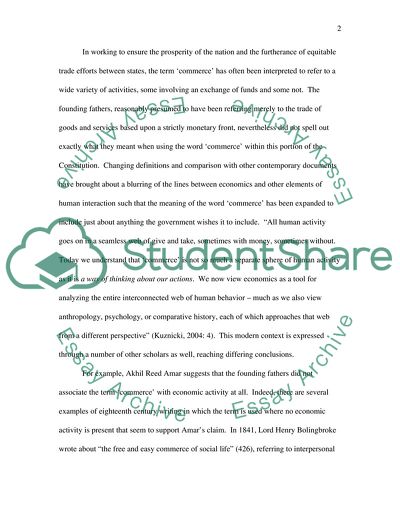Cite this document
(The Economic Significance of the Commerce Clause Term Paper, n.d.)
The Economic Significance of the Commerce Clause Term Paper. Retrieved from https://studentshare.org/macro-microeconomics/1713159-the-economic-significance-of-the-commerce-clause
The Economic Significance of the Commerce Clause Term Paper. Retrieved from https://studentshare.org/macro-microeconomics/1713159-the-economic-significance-of-the-commerce-clause
(The Economic Significance of the Commerce Clause Term Paper)
The Economic Significance of the Commerce Clause Term Paper. https://studentshare.org/macro-microeconomics/1713159-the-economic-significance-of-the-commerce-clause.
The Economic Significance of the Commerce Clause Term Paper. https://studentshare.org/macro-microeconomics/1713159-the-economic-significance-of-the-commerce-clause.
“The Economic Significance of the Commerce Clause Term Paper”. https://studentshare.org/macro-microeconomics/1713159-the-economic-significance-of-the-commerce-clause.


